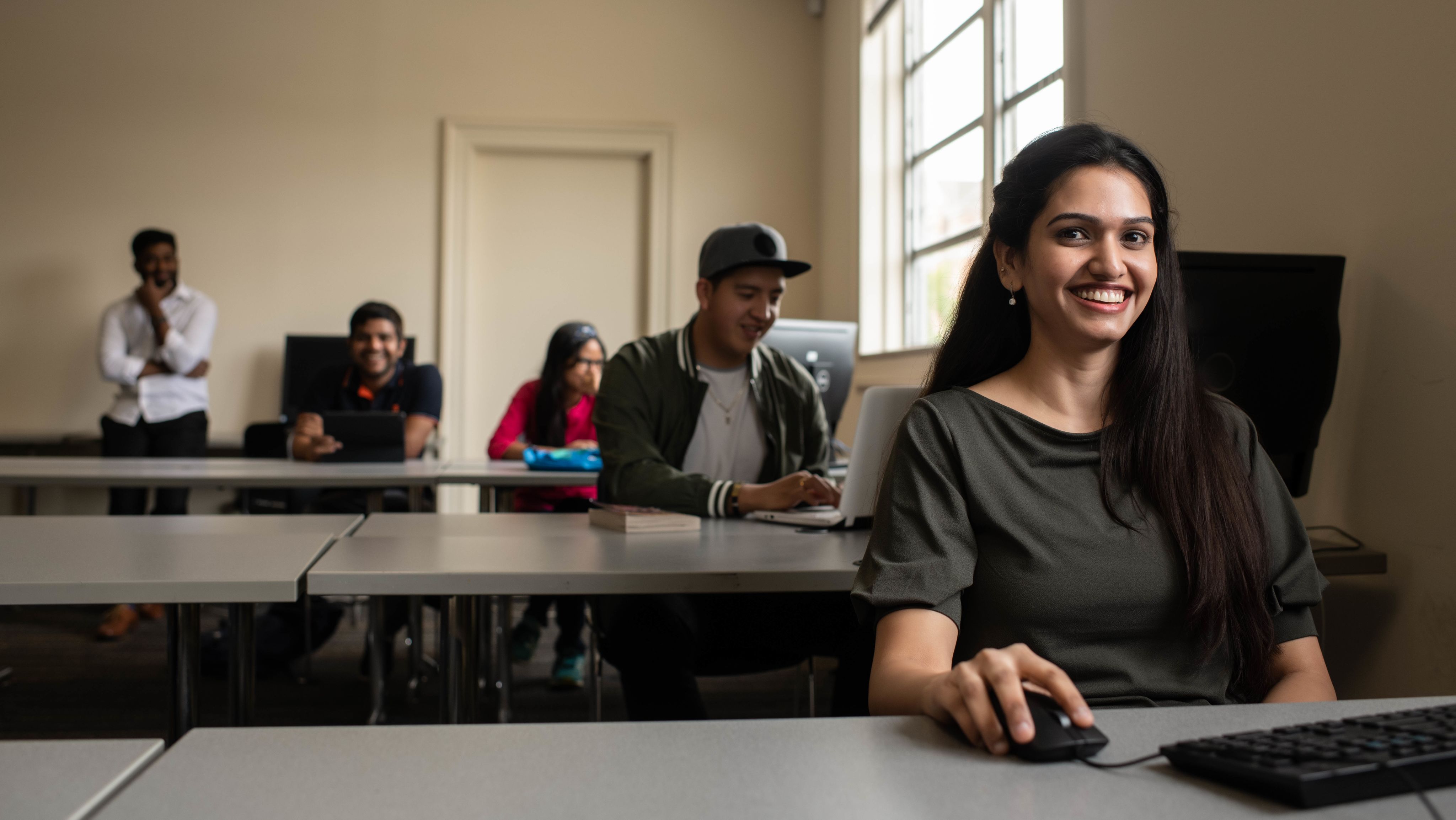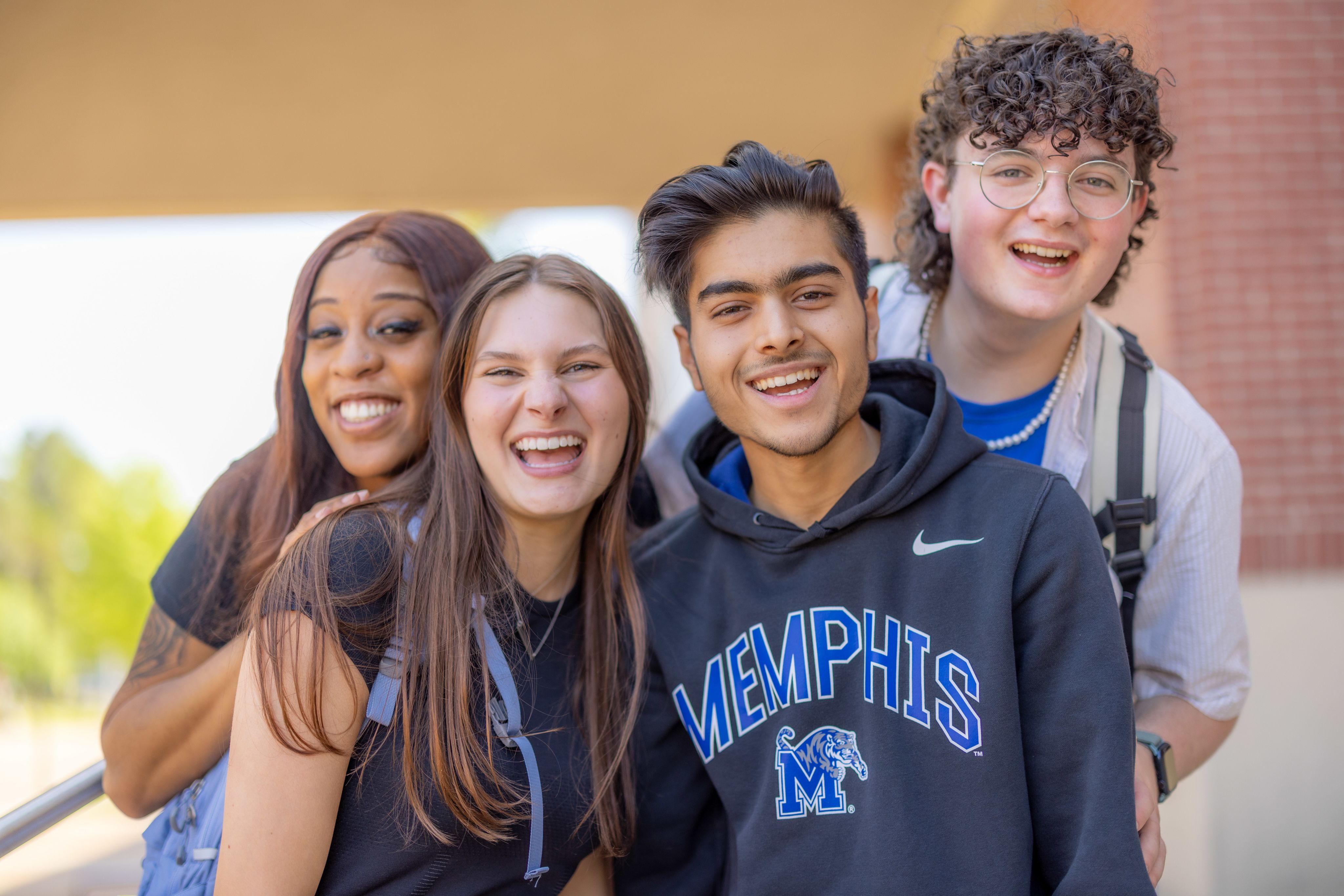
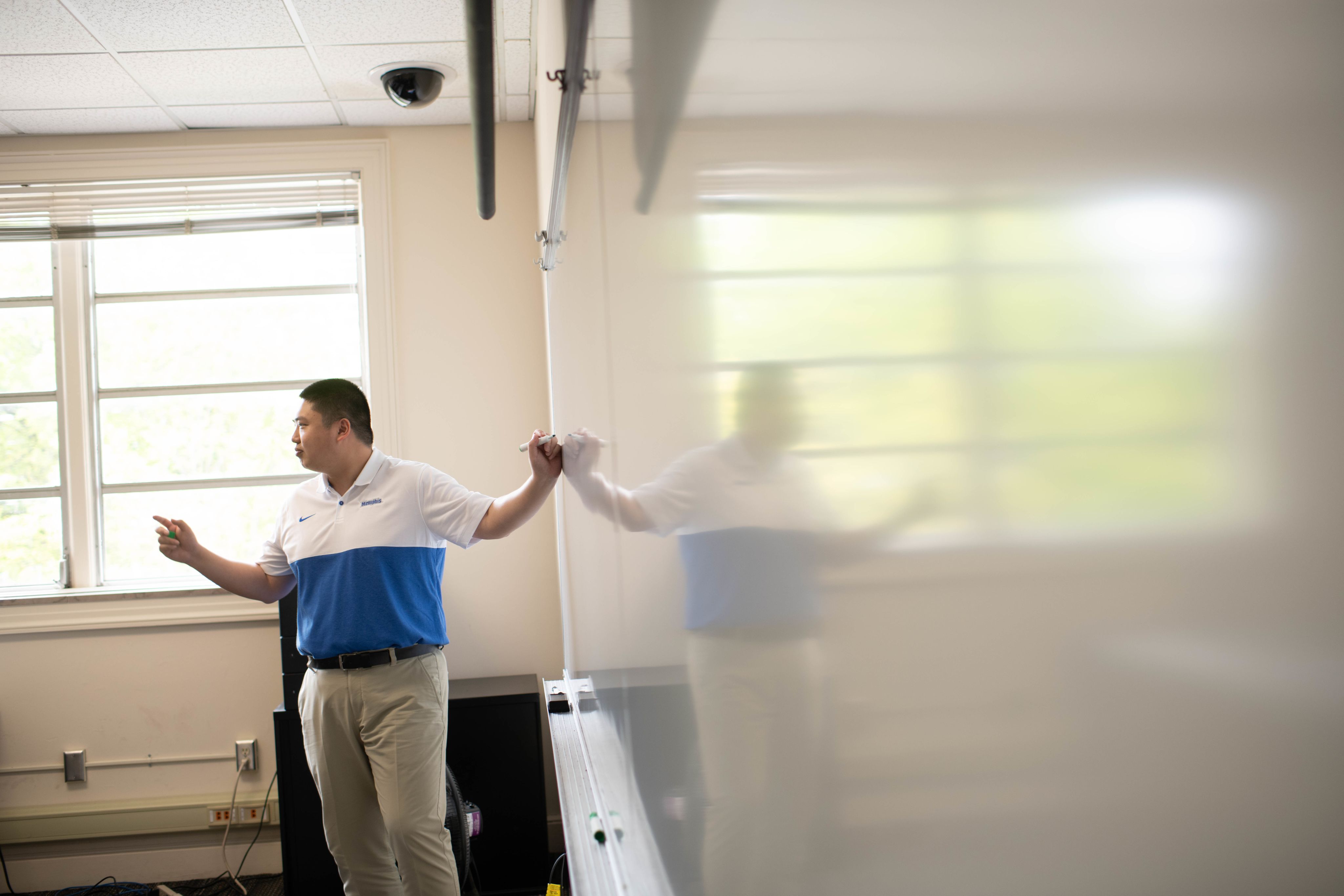
With an emphasis on small classes designed to develop communication and academic skills in English through speaking, listening, reading and writing, University of Memphis students have the opportunity and support to increase their English proficiency which can lead to better jobs and opportunities in school and upon graduation.
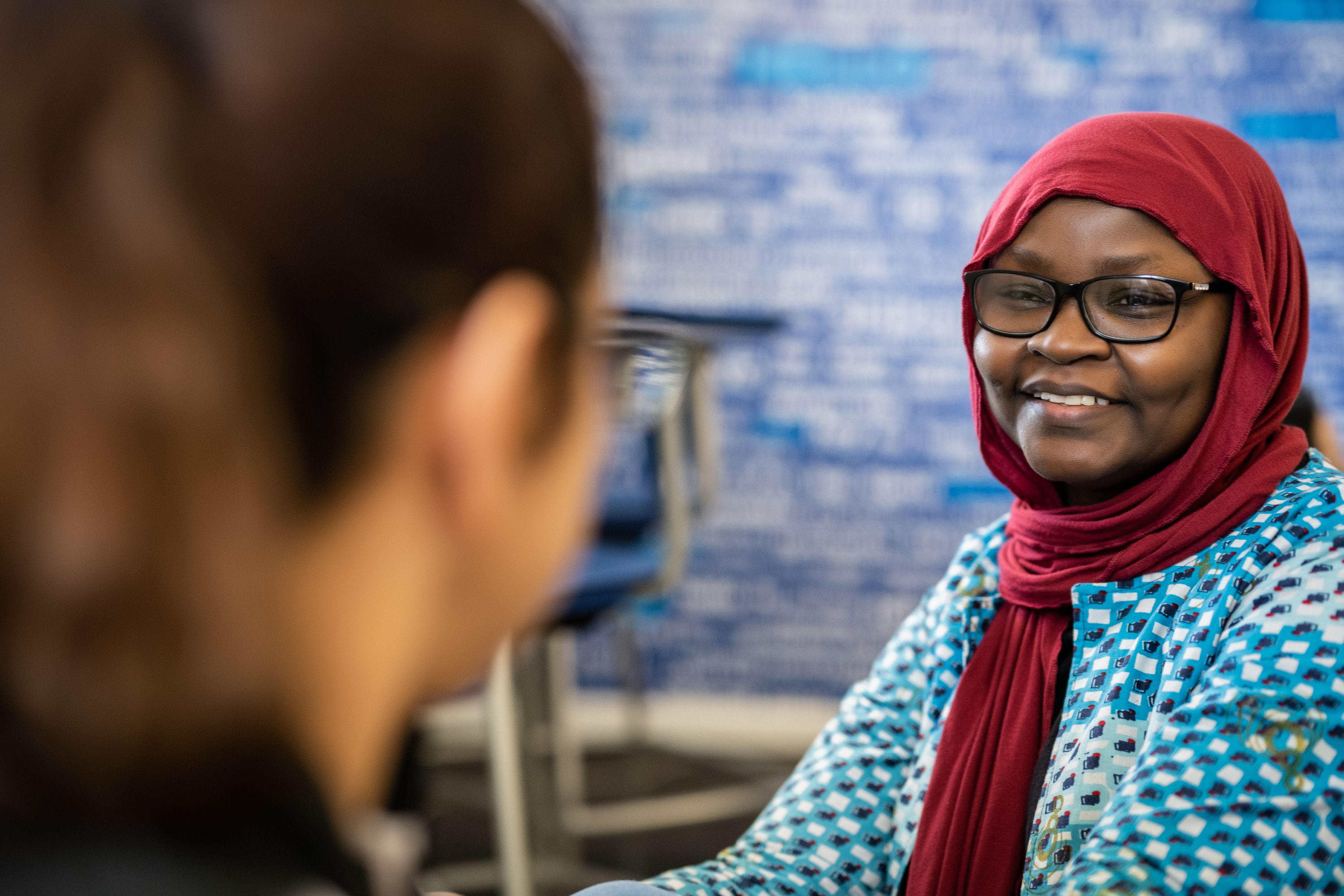
The Intensive English for Internationals (IEI) program offers three levels of instruction: basic, intermediate and advanced, and meet students where they are on their journey of mastering the English language.
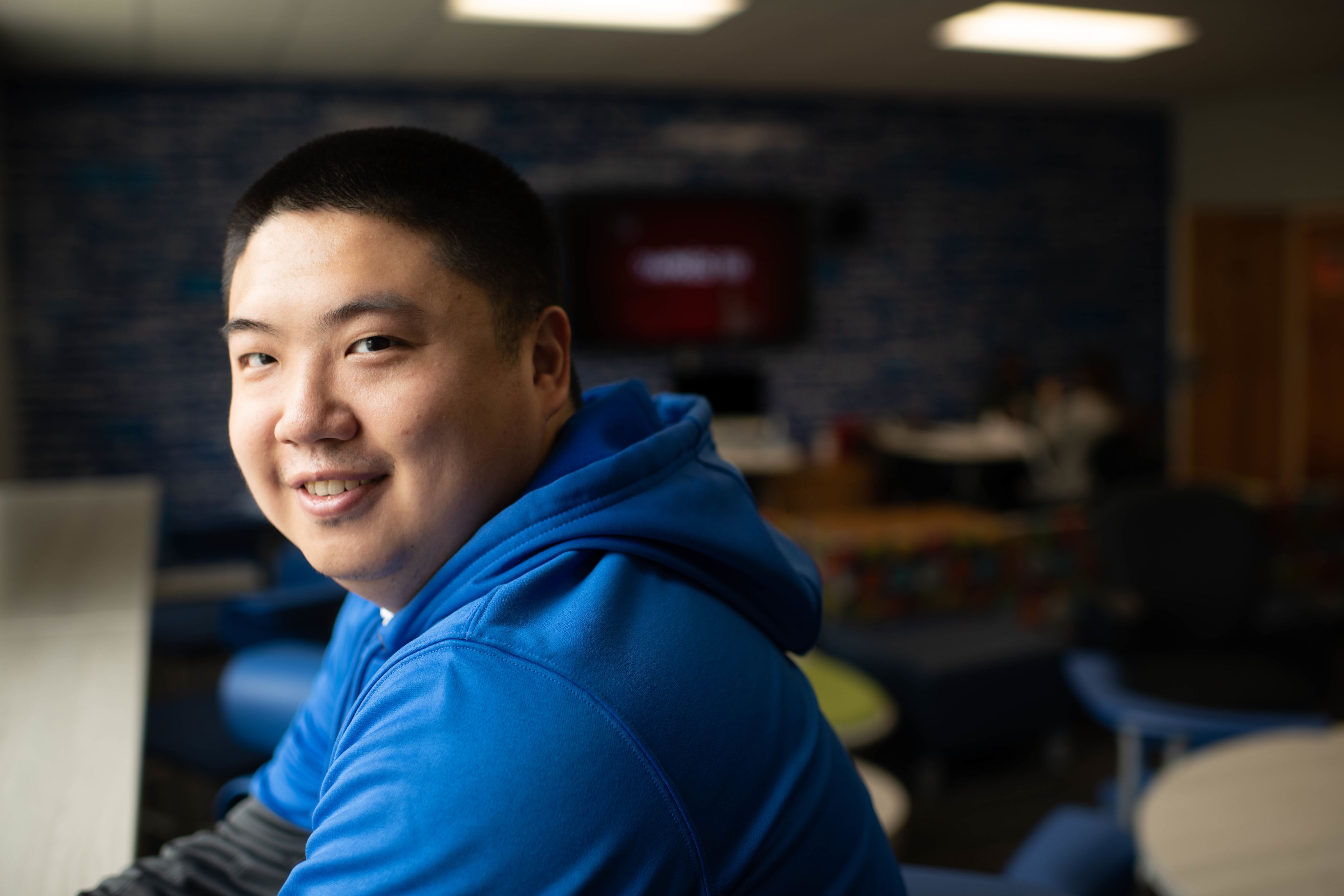
While the program is designed to be rigorous and challenging, and students are expected to work diligently to improve their English on a daily basis, there is also plenty of time for fellowship, friendship and community, including field trips to area sites.
For 2027 graduate Jorge Luis Sanchez Oviedo, originally from Venezuela, his experience with IEI was hard at the beginning because there were situations he didn’t quite understand. “But with perseverance and focus, now I am able to go to the University of Memphis,” he said.
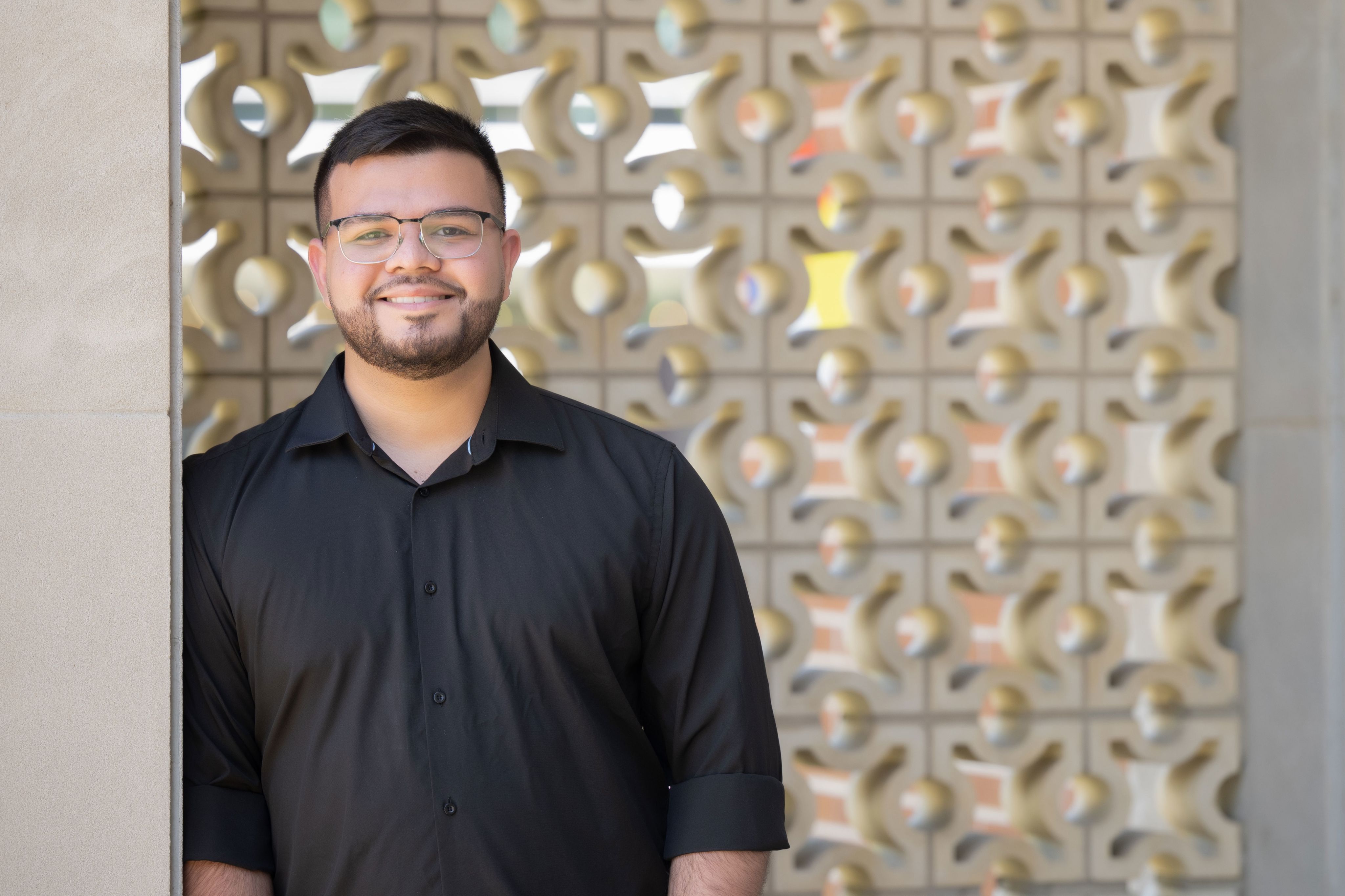
“The most valuable aspect for me is being able to make new friends from different countries and it was incredible for me learning English, but also learning from other cultures.”
Now that he speaks English, Jorge is capable of doing more things including further exploration into his career in finance.
According to Director of Intensive English for Internationals, Dr. Fareed Bordbar, there are 75 students per semester from all over the world including Mexico, Vietnam, China, Japan, Congo and Kuwait to name a few.
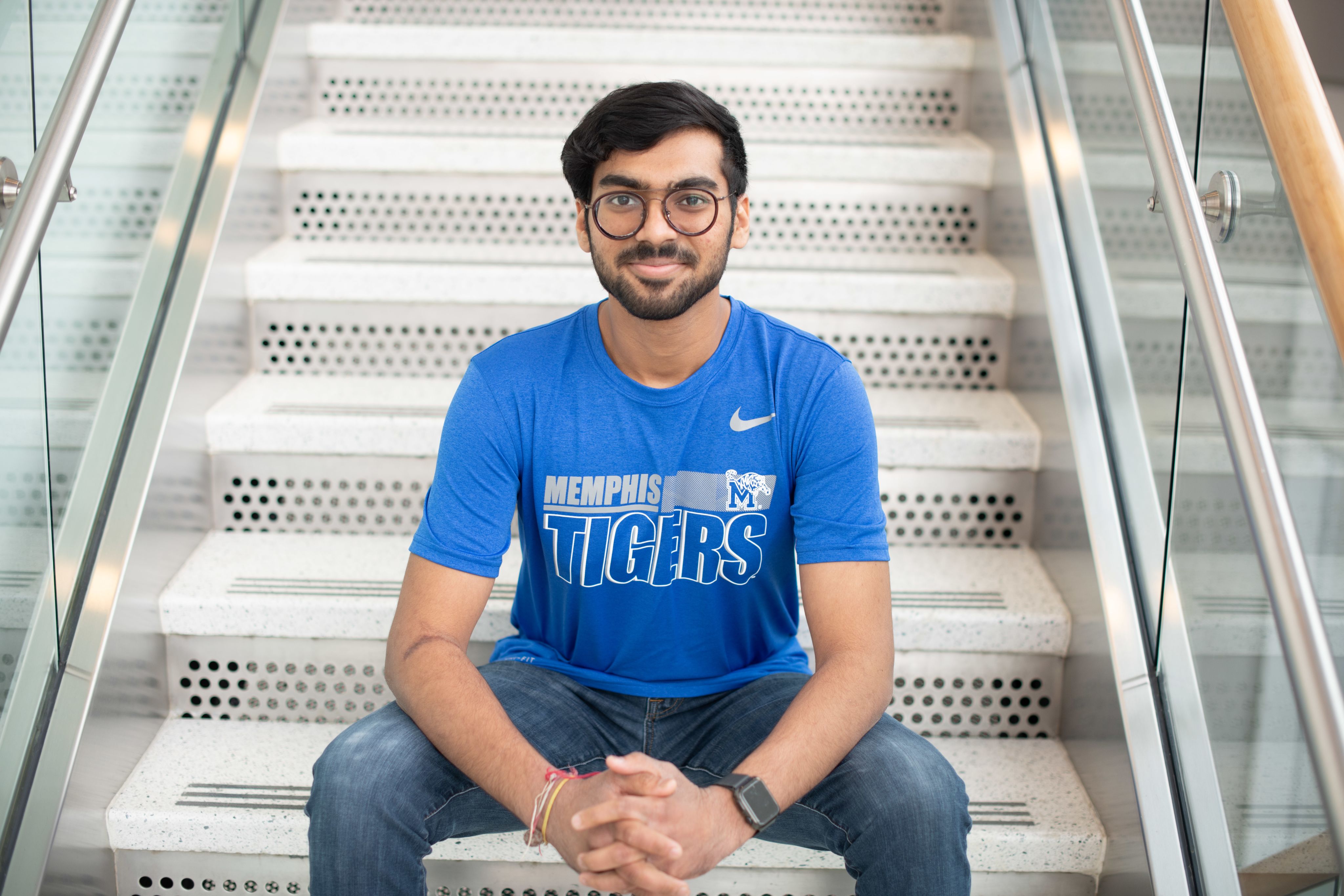
“The common denominator is they all come here to learn English together and they become lifelong friends,” he said.
The program has been active for more than 35 years and provides not only a home for international students, but also Memphis international residents who also need support.
Bordbar who manages the operations of the IEI program is from Iran and came to Memphis by way of the University of Alabama where he met his wife. He’s been at the UofM for three years.
“Many come here not even knowing how to recite the alphabet and now they are finishing their undergraduate and graduate degrees,” he said.
“We’ve had so many success stories.”


